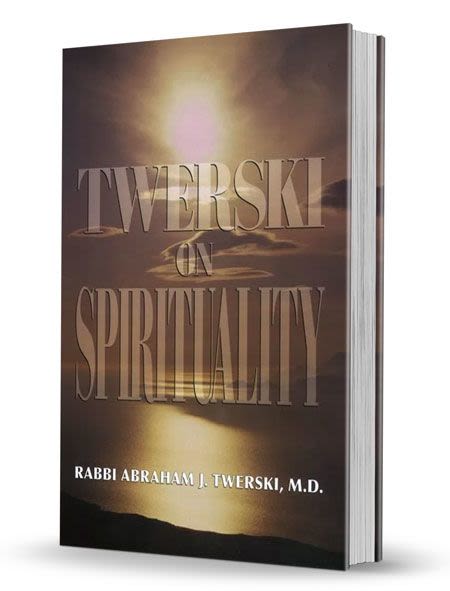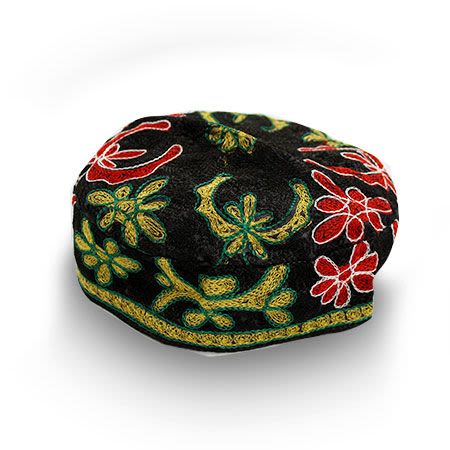
No Atheists in a Foxhole
Prayer has many forms. Even a simple complaint, mumbled out loud is a form...

THERE ARE NO ATHEISTS IN A FOXHOLE, they say. When the going gets tough, even the atheists seem to be able to find it within themselves to offer a prayer or two. Danger seems to have this ability to bring out the “believer” from within even the most ardent disbeliever.
Yes, there’s nothing like a crisis to open up the lines of communication between man, well, and whomever and whatever is out there. But for billions of other people who don’t claim to be an atheist or an agnostic, there is an acknowledged need to communicate with something beyond themselves, to connect up with something beyond us mortal beings, without being inspired by a crisis.
Praise, requests, thanks, whispering, shouting, singing – prayer has many forms. Even a simple complaint, mumbled out loud is a form of prayer, which indicates that prayer may not be as conventional an idea as one might otherwise have believed.
But whatever form the dialogue may take, where does the drive to pray come from? What does it satisfy within us, and more specifically, what, if anything, do we really expect from praying?
Of course, prayer is a personal act, and for that reason two different people can have two different reasons for praying. But is there a common element to mankind’s need to relate to a supernatural being? Is there a common purpose to the prayer of all individuals, in whatever form it takes?
The answer is yes: the root of prayer is the same for everyone. There is something innate within mankind that creates a desire to relate to something outside of ourselves, whether a person is a corporate executive, a farmer, a multi-millionaire, or simply a self-proclaimed atheist.
And the stories abound of people who have gotten in touch with their own inner need to pray, in one way or another:
I barely attended prayer services all of my life. Even when I did go, did I pray? Not me. For four-and-a-half hours I daydreamed about being somewhere else. But when I bought my first lottery ticket for the $16,000,000 draw, I discovered a new religious fervor I never knew I had. Boy, did I pray then. I didn’t win the lottery in the end, but who knows, maybe that was because I hadn’t prayed all those years at services!
Some of these stories have been interspersed throughout the upcoming chapters, and for many readers, some may sound vaguely familiar, as they trigger memories of similar personal occurrences. Everyone, at some time, has been in a “fox-hole” of some sort, and everyone, at some time, has used some form of prayer to get themselves out.
The point of this series is not to show the therapeutic powers of prayer, of which there are many, or to review the various different aspects of prayer, of which there are quite a few.
Rather, the goal of this series is to focus on the inherent need within humankind to pray, and some of the issues that arise because of this need, and for a very simple reason: though it may be true that there are no atheists in foxholes, perhaps it is even truer that, if there were no atheists, there would also be no foxholes in the first place.
***
Pinchas Winston is the author of over 95 books on various topics that deal with current issues from a traditional Jewish perspective. He has also written on the weekly Torah reading since 1993, called “Perceptions”, as well as on current topics and trends affecting Jewish history, past and present. One of his missions is to make the depth and beauty of the more mystical teachings of Torah understandable and accessible to those who can really benefit from them. Visit his website at thirtysix.org.












Tell us what you think!
Thank you for your comment!
It will be published after approval by the Editor.